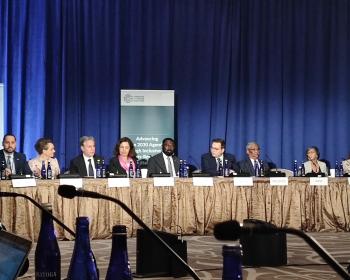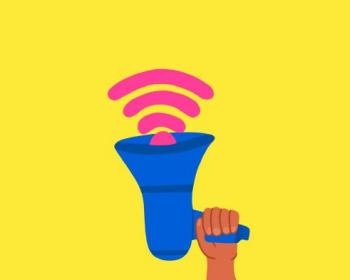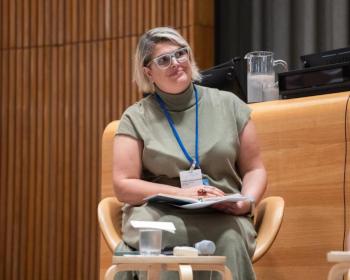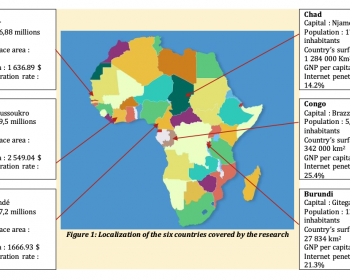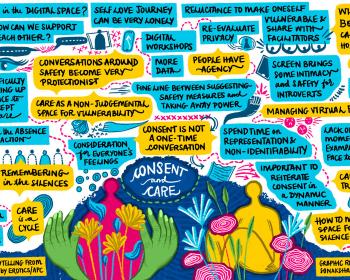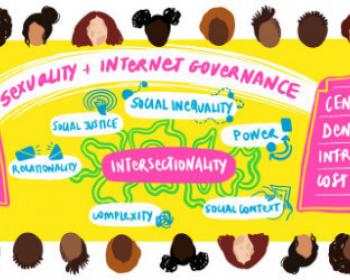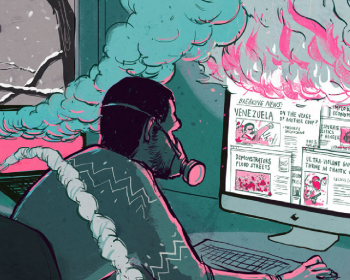Human rights and ICTs
This statement was presented at a ministerial meeting convened by the Freedom Online Coalition (FOC), which brought together high-level representatives of FOC member states and other relevant stakeholders in New York on the margins of the 78th session of the United Nations General Assembly.
Uganda passed one of the world's strictest anti-homosexuality bills this year, raising a legal spectre that goes back a decade in the making. This law weaponises hatred fueled by digital misinformation in a society that must reckon with not just its homophobia but its larger fear of any 'difference'.
APC in partnership with the CYRILLA Collaborative is organising the 2023 edition of Internet Rules: Unboxing digital laws in Southeast Asia. The four-day online workshop will be held from 30 October to 2 November 2023. The deadline for applications is 20 September.
Technology-facilitated gender-based violence (TFGBV) not only hurts women and girls, it impacts on society as a whole, making our societies less peaceful and safe and our democracies less diverse and plural. It is pervasive and constitutes both a cause and an effect of gender inequality.
Organisations and independent experts from six Sub-Saharan African countries that share French as one of their national languages have developed an approach for assessing the level of respect for human rights online by their governments: the African Index of Internet Rights and Freedoms.
This year APC member EngageMedia organised DRAPAC23, the Digital Rights Asia-Pacific Assembly, on emerging trends of digital technologies and building a rights-respecting digital future in Asia-Pacific. We interviewed EngageMedia on why this Assembly was so important for the region right now.
This manual is for trainers using storytelling as a feminist approach to facilitate space for activists to tell their stories in their own voices.
This manual is particularly designed to encourage participants to examine issues of power, control and relationships, and to think of strategies to advance sexuality rights in the political space of internet governance.
This module presents a step-by-step approach to creating a Gincana, an online learning process aimed at defenders with an interest in multiplying knowledge within their collectives and communities.
There is a digital crisis in Venezuela combining a lack of infrastructure with surveillance and severe control of information online. Amidst the siege, civil society is mounting a resistance to keep the digital realm and information flow free and alive.

Association for Progressive Communications (APC) 2022
Unless otherwise stated, content on the APC website is licensed under Creative Commons Attribution 4.0 International (CC BY 4.0)



